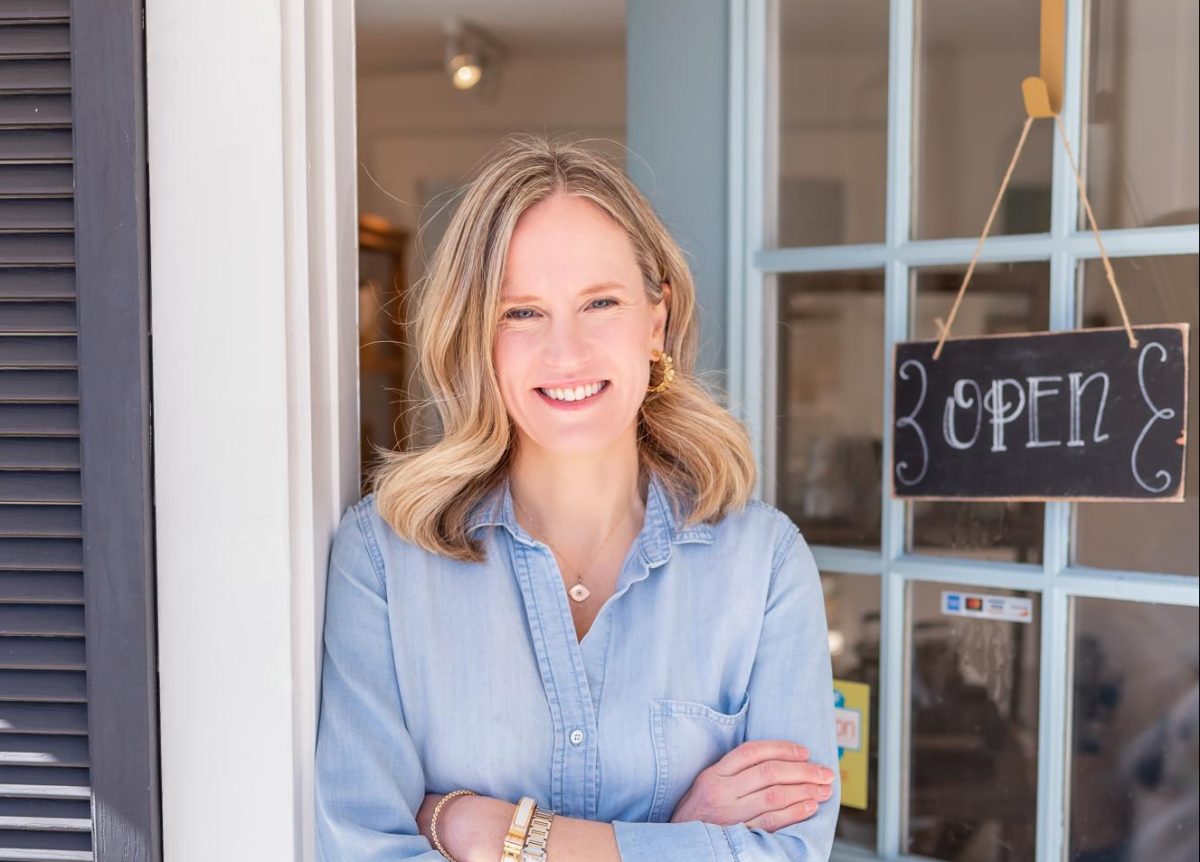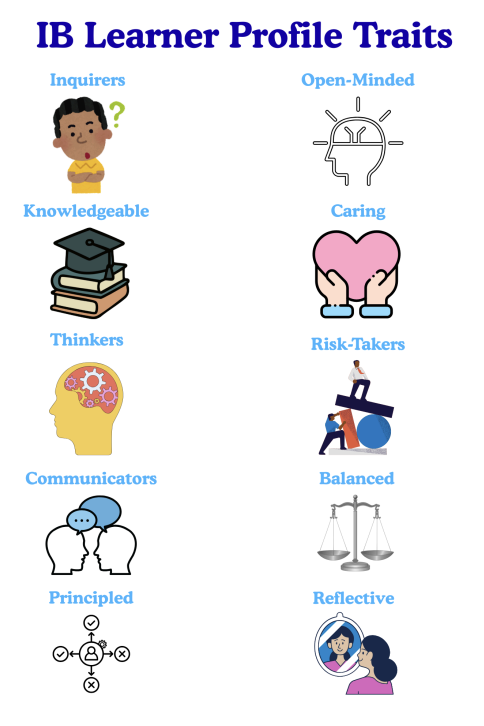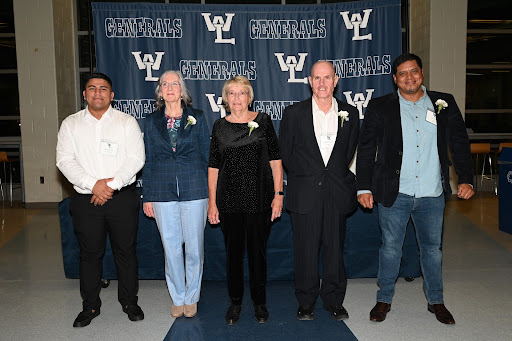During the pandemic, Amazon stock went up 77% in a year, and small local businesses nationwide were forced to close. From March to August 2020 alone, the number of small businesses shut down was well over 100,000. These businesses still require our help and support to get back on their feet after the pandemic. Local small businesses are a great way to discover and recognize local artists, give back to our community, and for teenagers, a great way to find work.
One small business, Covet, located near Bluemont, is a gift shop started, owned and operated by Autumn Clayton. Clayton has had lots of experience when it comes to small businesses.
“I worked for several small female-owned small businesses from the time I was about 16 to 21 at little boutiques in Old Town Alexandria,” Clayton said. “[Then I] became an art director and a product designer for a company that imported merchandise from Egypt, and we would sell them to museum gift shops and things like that.”
Because of this background Clayton has always been interested in starting her own small business. She dropped out of college and never graduated but continued working in retail jobs. However, she wanted to start her own business the entire time she was working these jobs. It was not until her friend found a space to start an art and gift shop that this dream could become a reality.
“I didn’t even write a business plan,” Clayton said, “We just totally went for it, and I’m not saying that’s the way to do it, but a lot of people think things are just going to be way harder than they are.”
Covet is a boutique and independent gift shop. Even though Covet was a spur-of-the-moment decision, Clayton says that is not always the way to go. There are lots of skills required to open a small business.
“I always have been very good visually with displays and things like that,” Clayton said, “Of course you have to be good with people, my favorite part is getting to meet people and help them pick out the perfect gift.”
As fun as owning a small business can be, there are still some significant struggles.
“And then, you know, the biggest struggle was just getting word out there that we existed,” Clayton said. “And that took a few years, little by little, but it’s all it’s all worked out.”
Another small business, The Urban Farmhouse, is located near Bluemont right below Covet. The Urban Farmhouse is a home decor store owned and operated by Sarah Allen. Allen was not expecting to pursue her dream of running her own small business, but when she got the opportunity, she knew she had to take it.
“I was a lawyer-in-training for most of my life, but I have always wanted to open a gift and home decor shop like I own now,” Allen said. “If you’re like me and you go to law school, you’re supposed to be a lawyer and do these big things. So, taking that side detour out of nowhere to do something like owning a little business that’s pretty scary.”
She was introduced to the small business world by her grandmother, who owned a small clothing store while growing up. Back then, however, her grandmother did not face the same struggles as Allen does today. Today, Allen is constantly competing with online shopping and big box stores.
“In today’s world, since I’m a retail business [and] competing with Amazon and online shopping is always really hard to do,” Allen said. “It’s just difficult trying to figure out what sets you apart from online shopping [and] from something that can be delivered to someone’s house in five minutes.”
Small businesses are constantly trying to set themselves apart, not only from online shopping but from each other as well.
“Kind of finding your niche and knowing what you want to do to be different from other shops is hard, but I don’t feel like we’re in competition with each other,” Allen said. “I feel like we’re kind of all helping each other and serving the same interest.”
Allen’s solution to setting The Urban Farmhouse apart and putting it on the map is supporting local artists.
“I love selling things that are handmade,” Allen said. “I love working with local artists and local pottery makers. There’s an actual person behind your purchase being so excited that you actually bought their work.”
Allen also hires teenagers from the school. She says small business owners look for specific qualities in teenage employees and wants students to know what they are.
“I am very lucky to have had lots of really great high school employees,” Allen said. “For me, though, the biggest thing I look for is somebody who is outgoing, friendly and easy to talk to, and who’s comfortable with dealing with difficult situations and customers.”
Clayton also hires high schoolers because sometimes it is the easiest way to staff a small business.
“We mostly hire teens,” Clayton said. “I like to hire teens when they’re about a junior in high school so that they can work through junior and senior year.”
Emma Abramson knows all about working for a small business. She is a junior at the school and works as Allen’s employee at The Urban Farmhouse on Thursdays and Sundays.
“I just love working at The Urban Farmhouse,” Abramson said. “The environment is super welcoming and it’s such a wholesome place to work.”
Comparing her job to her peers, Abramson believes there are many benefits to working for a small business.
“Well, from what I’ve seen, small businesses pay a lot more than bigger companies. For example, a restaurant employee or a lifeguard [at a big company would get paid less],” Abramson said. “I feel like you can’t really get the same experience working for a bigger company as you can working at a small business.”
Another benefit of working for a small business is being able to apply skills to real-life situations. Abramson plans on studying Business Information Technology (BIT), ideally the Supply Chain Management program within BIT.
“[The Urban Farmhouse] helped with building up communication skills in general, helping [customers] out, [and] taught me leadership and independence,” Abramson said. “So those skills will definitely be applicable to my life in the future.”
A big concern in working teenagers is conflicts with schoolwork and after-school activities. Many student-athletes fear they do not have time to work and do not want to fall behind in school at the same time.
“I think it’s very important to not get yourself into a job that will conflict with your schoolwork and sports,” Abramson said. “I never feel overwhelmed, and I have a lot of time to do schoolwork while I’m working.”
Working for a small business and running a small business may seem so hard to many. According to owners and employees, however, the good outweighs the bad.
“There’s definitely some challenges, but you shouldn’t be intimidated by something just because you don’t know exactly how to accomplish it.” Clayton said. “You’ve just got to start one step at a time.”














